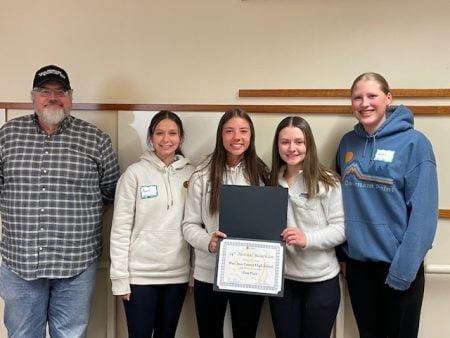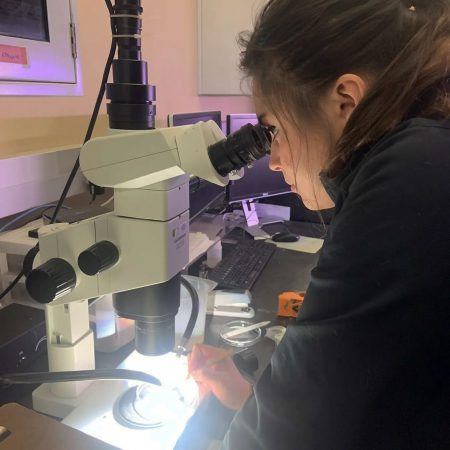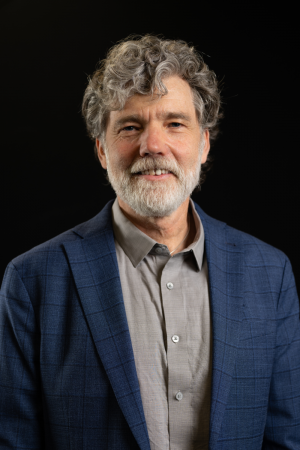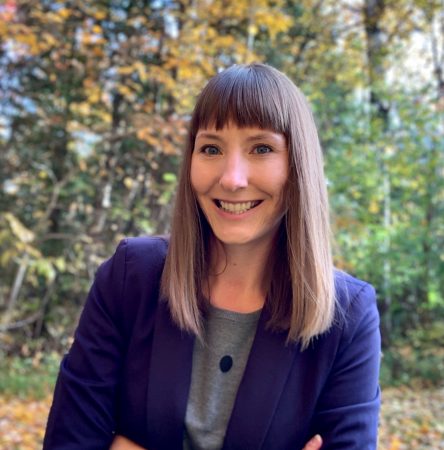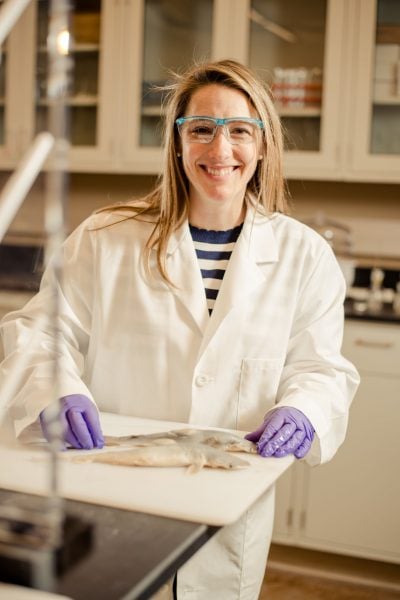Congratulations to the following 9 instructors from Biological Sciences identified as among only 55 MTU instructors campus-wide that received an exceptional “Average of 7 Dimensions” on student evaluations for Spring Semester 2024!
Casey Huckins, Professor and Chair
Robert Larson, Assistant Professor
Brigitte Morin, Teaching Professor
Jill Olin, Assistant Professor
Gordon Paterson, Assistant Professor (Nominated for the 2024 MTU Distinguished Teaching Award)
Thomas Werner, Professor
Jenna Disser, MS Graduate Student
Alexzandra Markle, PhD Graduate Student
Hunter Roose, MS Graduate Student
Their evaluation scores were in the top 10% of similarly sized sections university-wide, with at least a 50% response rate, and a minimum of five responses. Thank you, instructors, for being such an important part of Biological Sciences’ key role in fulfilling the educational mission of MTU!
About the Biological Sciences Department
Biological scientists at Michigan Technological University help students apply academic concepts to real-world issues: improving healthcare, conserving biodiversity, advancing agriculture, and unlocking the secrets of evolution and genetics. The Biological Sciences Department offers seven undergraduate degrees and three graduate degrees. Supercharge your biology skills to meet the demands of a technology-driven society at a flagship public research university powered by science, technology, engineering, and math. Graduate with the theoretical knowledge and practical experience needed to solve real-world problems and succeed in academia, research, and tomorrow’s high-tech business landscape.
Questions? Contact us at biology@mtu.edu. Follow us on Facebook and Instagram for the latest happenings.
